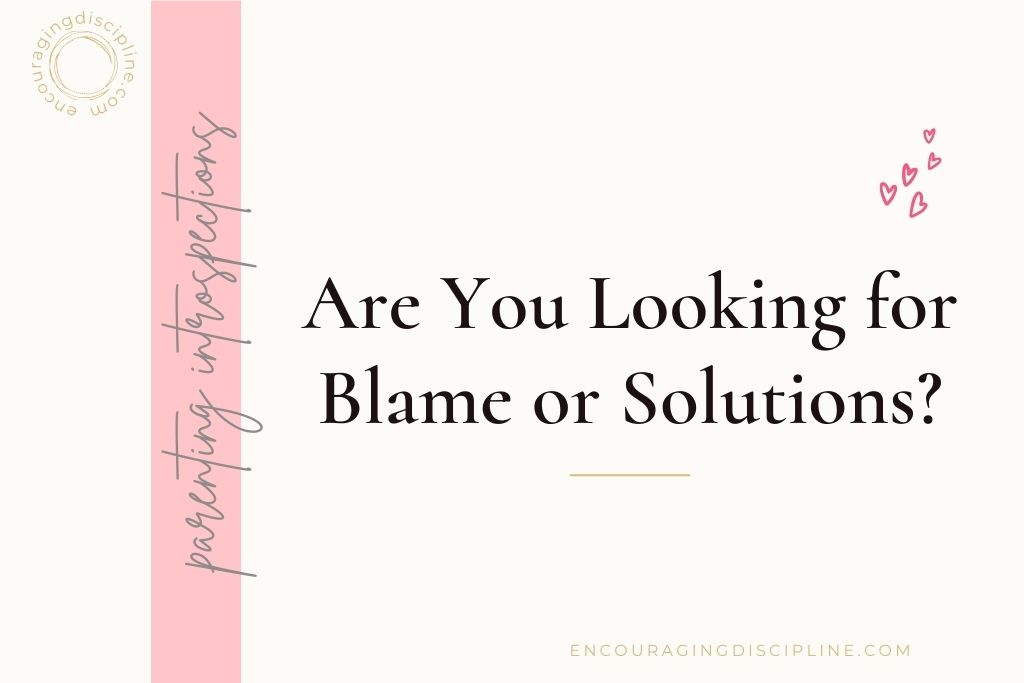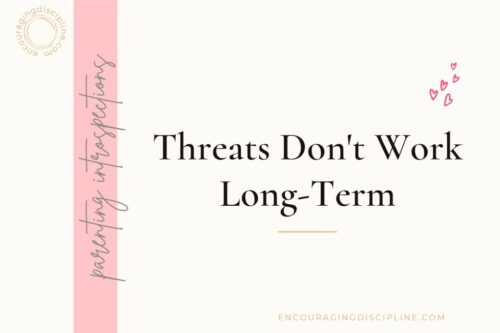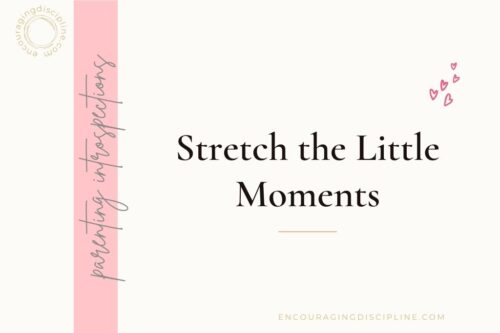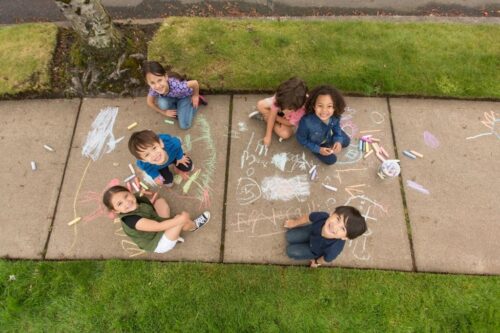Are You Looking for Blame or Solutions?
Are you looking for blame or are you looking for solutions?
This question has saved me so much mental and emotional discomfort! And I am teaching my kids to ask themselves this question as well to get them to be creative problem-solvers instead of blamer-downers.
After I became a parent, I started noticing things that I hadn’t before. I started seeing things from a parent’s point of view, not just that of a daughter, granddaughter, cousin, or niece.
And what I noticed is that, in my family, whenever something broke, went missing, or was out of place, some adult would ask, “Who did it?” When they were asking this question of my little kids, I was filled with incredible anger. Underneath the anger, I discovered powerlessness and shame. I used to hear this same question a lot as a child. I hated how it made me feel. I felt blamed and shamed. And it was never helpful.
Then I noticed that, when my kids made a mistake, they would start arguing over who did it or who started it. This was an argument that was very triggering for me.
When I became aware of how my family was asking, “Who did it?” whenever something was wrong, I noticed myself using this question as well at home. I was doing what my family had been doing and I wasn’t even aware of it. I was using the question that had caused me so much discomfort as a child on my very own children! And therefore I inadvertently taught them to use it too. This is how we perpetuate learned behaviors. We don’t even realize it.
So I started paying attention, noticing when the question rose to the tip of my tongue and stopped myself from saying it.
Instead, when something broke, toys were left out, or anything needed fixing, I trained myself to respond differently.
Now I describe what I see, “The train tracks are scattered in the living room.” Then I ask a question that helps us think of a solution: “What can we do to clean up?”
When my kids are arguing over who started it or who did what, I ask them, “Are you looking for blame or are you looking for solutions?” If they insist, “Yeah, but it’s his fault!”, then I ask “Ok, and does that fix your problem?” Or “Is your problem fixed now that you know whose fault it is?” Of course, their answer is “No, it’s not fixed.” Then let’s think about how we can fix it. Let’s find a real solution.”
We can teach kids to not dwell in blame, resentment, and negativity, and instead focus on finding solutions and moving on.
I believe that if we can train ourselves and our kids to approach events in our lives from a solution-oriented perspective, we can all be happier and focused on the things that truly matter.







